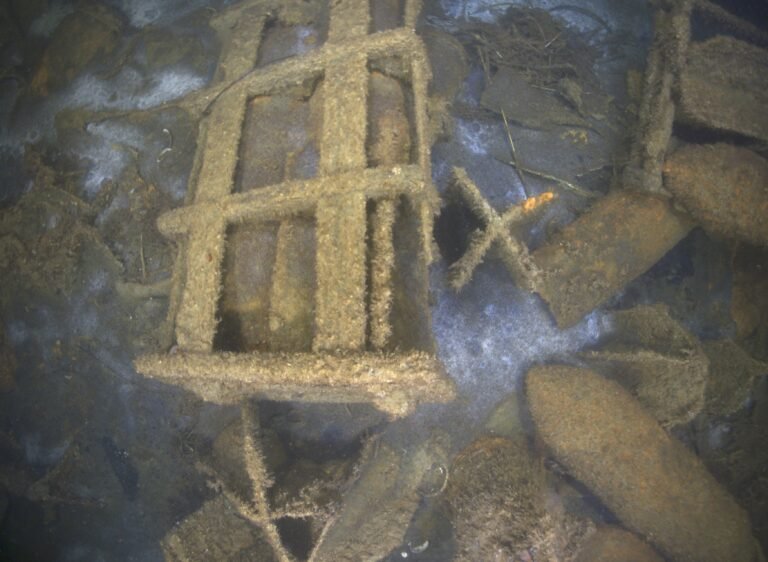The Threat of Toxic Chemicals Leaking from Unexploded Ordnance in the Baltic Sea
The southwestern Baltic Sea is facing a significant environmental threat as 3,000 kilograms of toxic chemicals are leaking from unexploded ordnance (UXO), according to a study conducted by the GEOMAR Helmholtz Centre for Ocean Research Kiel. The continued corrosion of metal casings is expected to release these toxic compounds for the next 800 years, leading to a worsening contamination situation if left unchecked.
Current Contamination Levels and Potential Risks
Recent water samples taken in 2017 and 2018 have shown contamination spreading across the region, with particularly high concentrations found in the Bights of Kiel and Lübeck. While the existing levels do not pose an immediate health risk, researchers caution that without proactive intervention, the corrosion process will accelerate, leading to increased contamination.
Scope of the Issue and Urgency of Action
The German Baltic Sea is estimated to hold around 300,000 tons of UXO, predominantly from World War II. While these dumping sites are well-documented, the spread of toxic compounds beyond these areas is a growing concern. The continuous release of chemicals due to corrosion is exacerbated by climate change-induced factors such as rising temperatures and stronger storms.
Water samples from the Bay of Kiel and the Bay of Lübeck have revealed widespread contamination, with toxic substances like TNT, RDX, and DNB detected in almost all samples. While current concentrations are below critical thresholds, the potential long-term risks to marine life and ecosystems cannot be ignored.
International Collaboration and Remediation Efforts
Researchers emphasize the need for international cooperation to address UXO contamination as a shared concern. They advocate for the classification of dumped ordnance as “historical contaminants of emerging concern” and stress the importance of targeted remediation efforts to mitigate the environmental impact.
Lead Author Aaron Beck, a Geochemist at GEOMAR, highlights the urgency of the situation, stating, “Unexploded ordnance contains toxic substances that are released into the seawater as the metal casings corrode, posing a significant threat to marine life.”
Future Initiatives and Funding Allocation
In response to this pressing issue, Germany has allocated €2.4 million to a project led by north.io and GEOMAR Helmholtz Centre for Ocean Research Kiel. This initiative aims to enhance maritime security around critical subsea infrastructure using big data and artificial intelligence, showcasing a commitment to addressing environmental challenges proactively.

